North Korea says will launch reconnaissance satellite to monitor military activities of US, its partners
North Korea has confirmed that it will launch a military reconnaissance satellite next month to monitor the military activities of the United States and its regional allies in real time.
Ri Pyong Chol, vice-chairman of the Central Military Commission of the North's ruling Workers' Party, said in a statement that the "military reconnaissance satellite No. 1" will be "launched in June," the official Korean Central News Agency (KCNA) reported on Tuesday.
That satellite, along with "various reconnaissance means due to be newly tested, are indispensable to tracking, monitoring...and coping in advance [and] in real time with the dangerous military acts of the US and its vassal forces," the statement said.
Along with its regional allies South Korea and Japan, the United States regularly holds joint war games on the Korean Peninsula, which the North views as rehearsals for invasion of its territory.
The most recent of the military drills began last week, when American and South Korean forces started live-fire exercises simulating an alleged "full-scale attack" from North Korea.
Citing "reckless" acts by Washington and Seoul, Ri said North Korea felt "the need to expand reconnaissance and information means and improve various defensive and offensive weapons" in an effort to bolster its military preparedness.
The official also accused the US of conducting "hostile air espionage activities on the Korean peninsula and in its vicinity."
The development came after Japan said on Monday that it had been informed by Pyongyang about the pending launch, claiming that the launch may be used as a cover by the North to test a ballistic missile.
"Even if it's described as a satellite, a launch using ballistic missile technology would be a violation of United Nations Security Council resolutions" Japanese Prime Minister Fumio Kishida told reporters.
Japan's Defense Ministry says it has issued an order obligating shooting down of any ballistic missile that is confirmed to be on course to fall into the country's territory.
The North has identified waters near the Yellow Sea, the East China Sea, and to the east of Luzon Island in the Philippines as "warning areas." Such zones are usually designated for falling debris or rocket stages.
Pyongyang has, meanwhile, not ruled out the possibility of negotiations with Tokyo.
On Monday, North Korean state media published a statement from the country's vice-minister of foreign affairs, appearing to endorse a conciliatory approach towards relations with Japan.
If Japan avoids "being shackled by the past, and seeks a way out for improving the relations, there is no reason for the DPRK and Japan not to meet," said the statement from Pak Sang Gil, using the abbreviation for the North's official name, the Democratic Peoples' Republic of Korea.
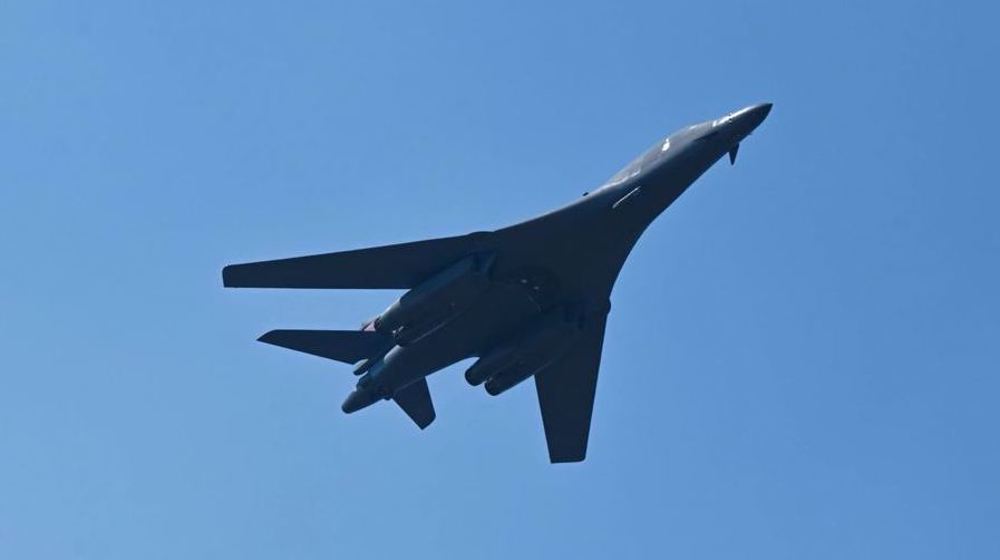
North Korea: US military provocations escalating under Trump
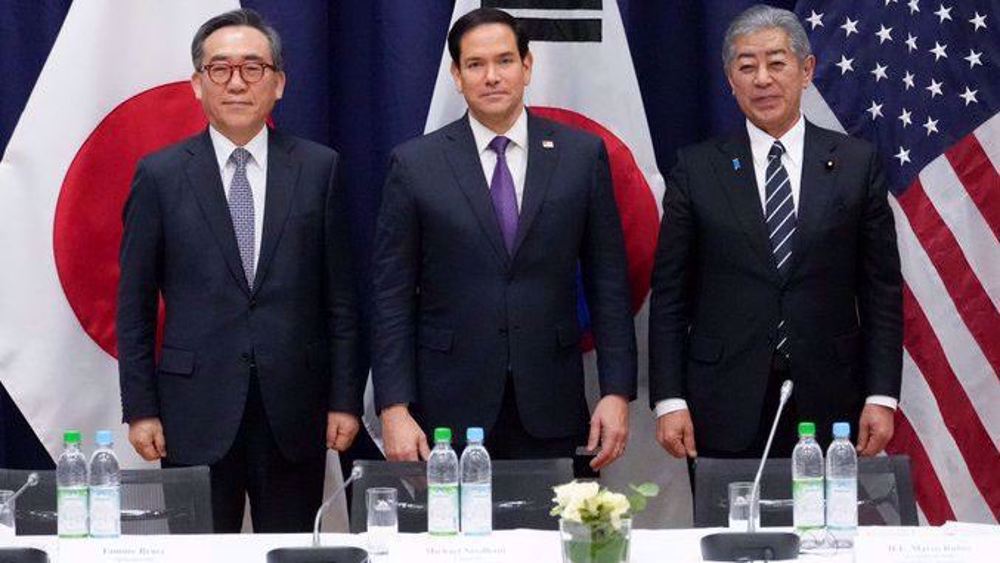
US, Japan, S Korea renew calls for ‘complete denuclearisation’ of North Korea
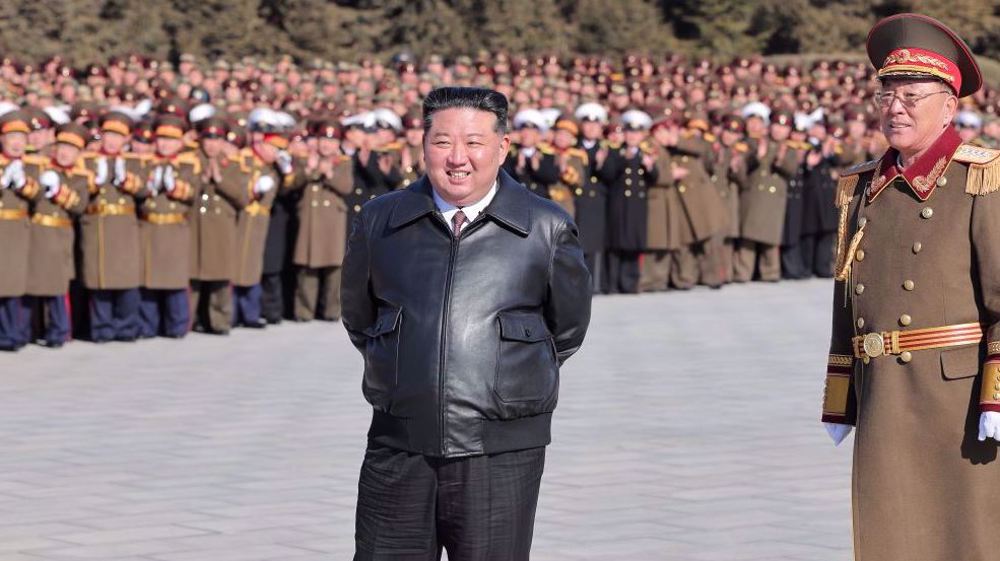
North Korea leader slams US for prolonging Ukraine war due to ‘wild ambition’
VIDEO | Lebanese resistance remains alive
Iran’s daily sweet gas production peaks at 870 mcm: NIGC
Nasrallah shattered myth of Israeli military’s invincibility: Top Yemeni official
Iran says it has attracted $8.2bn of foreign investment since Aug
‘Misguided policies’: Araghchi says unjust sanctions inflict suffering on innocent Iranians
Iran summons Polish envoy over 'baseless, biased' drone claims
Election winner conservative Merz invites Netanyahu to Germany despite ICC warrant
7,000+ killed in eastern DR Congo since January: PM


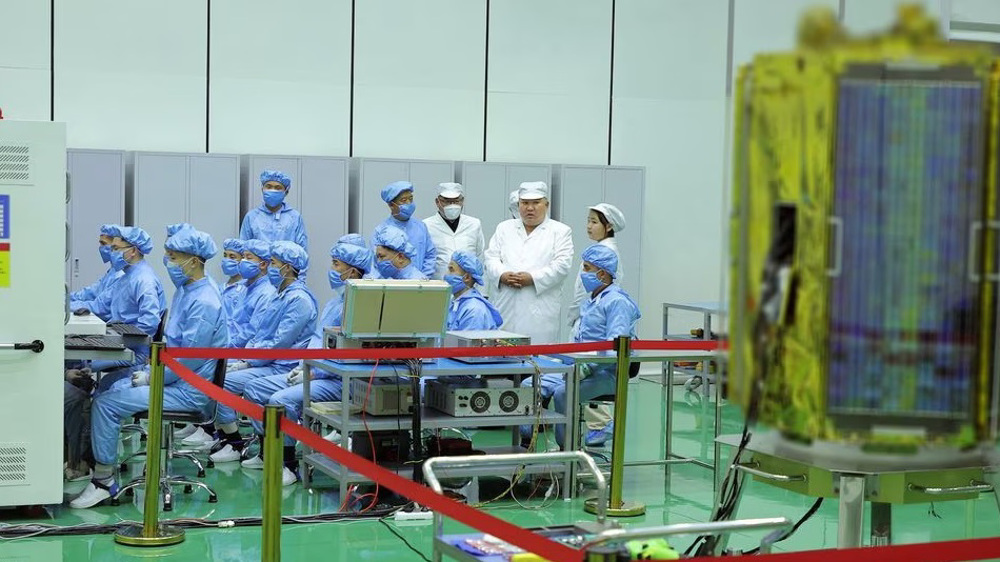
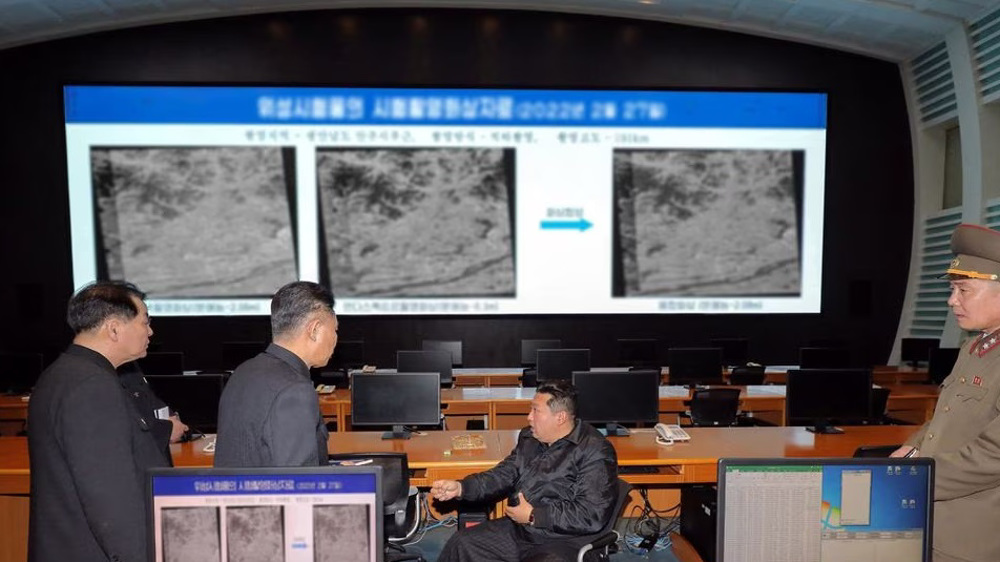



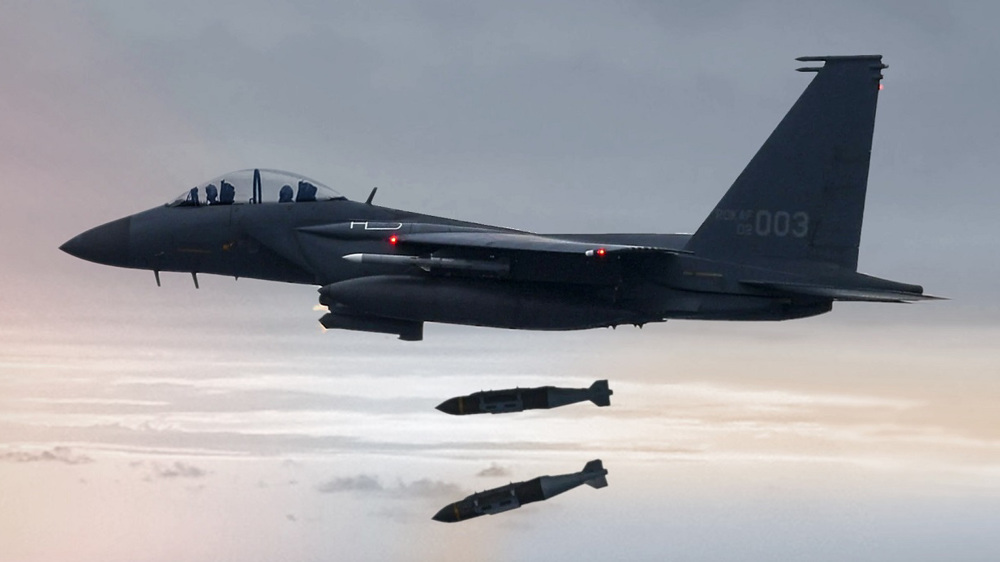
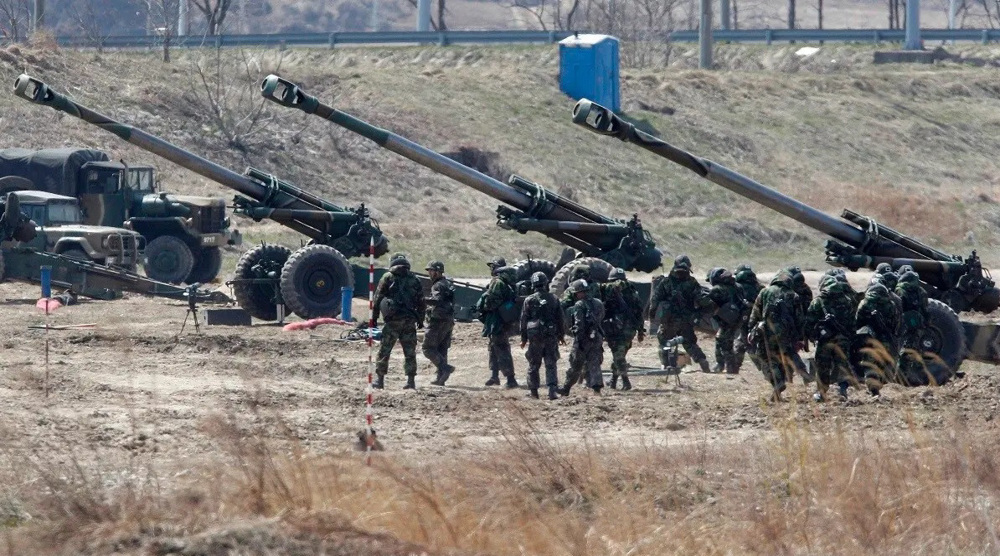
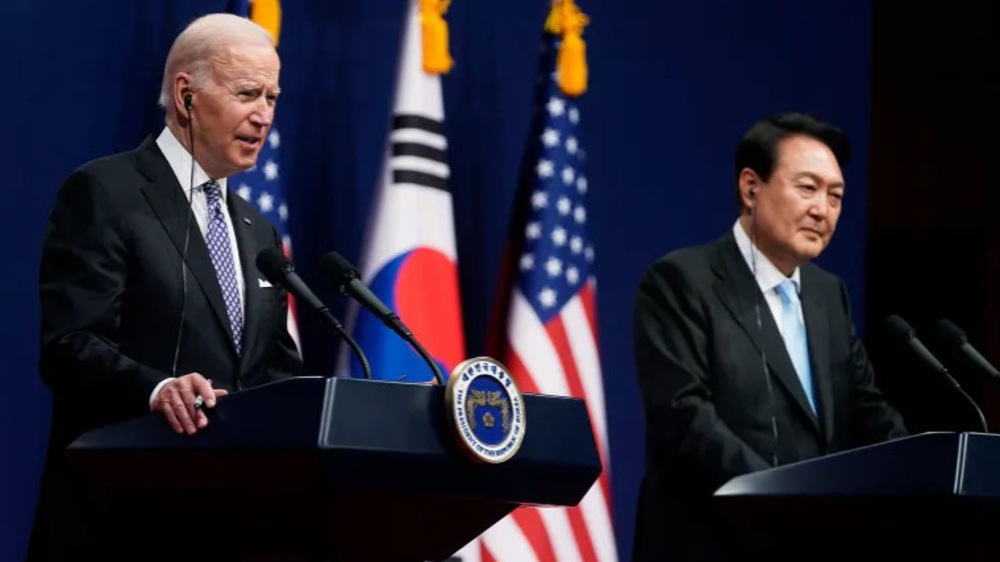

 This makes it easy to access the Press TV website
This makes it easy to access the Press TV website